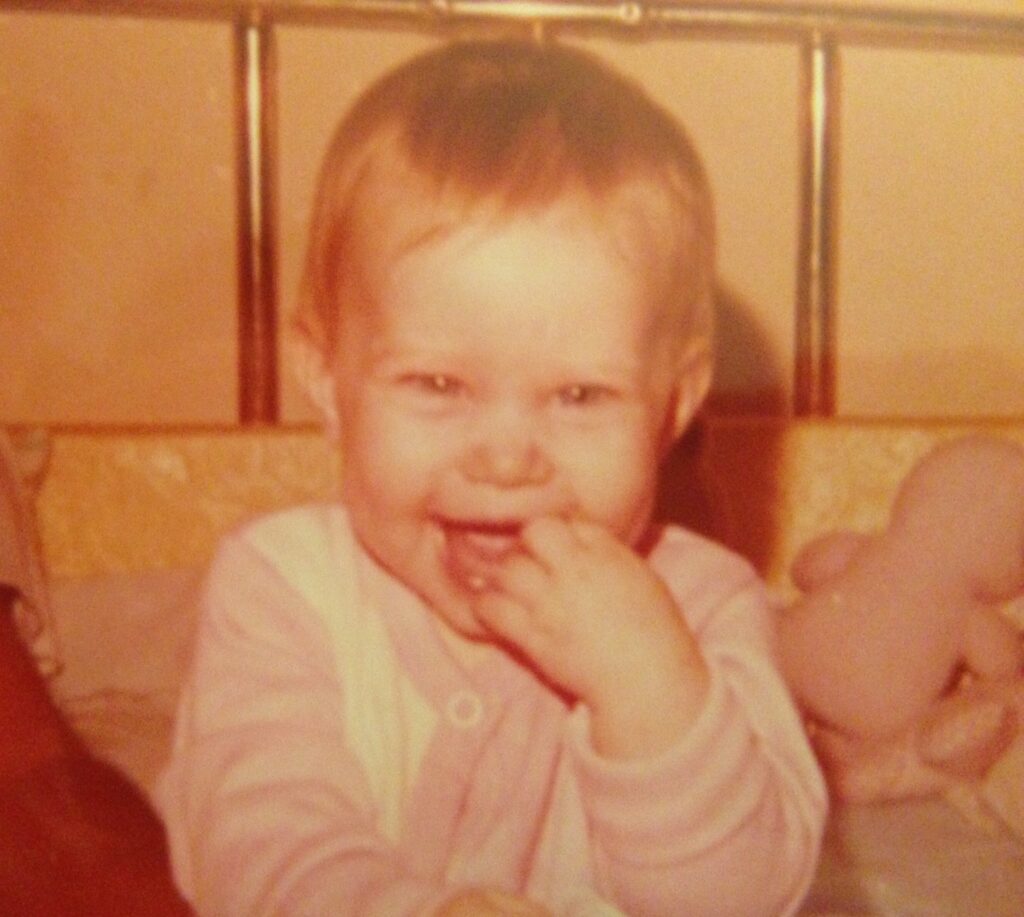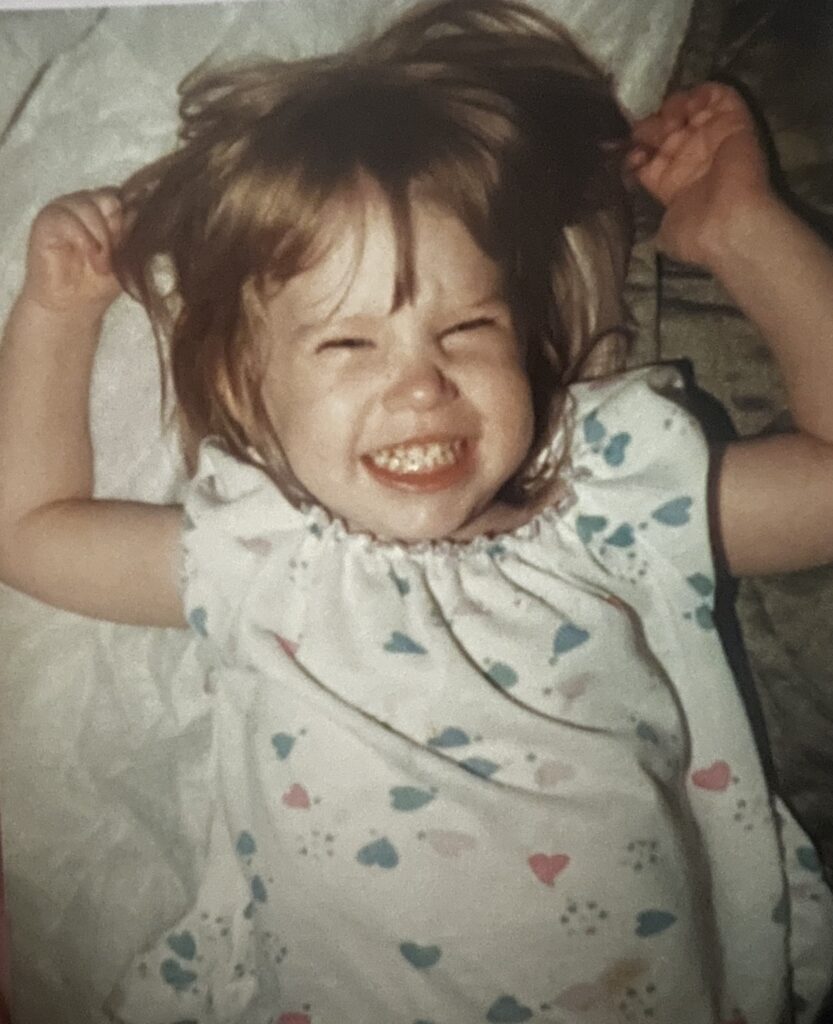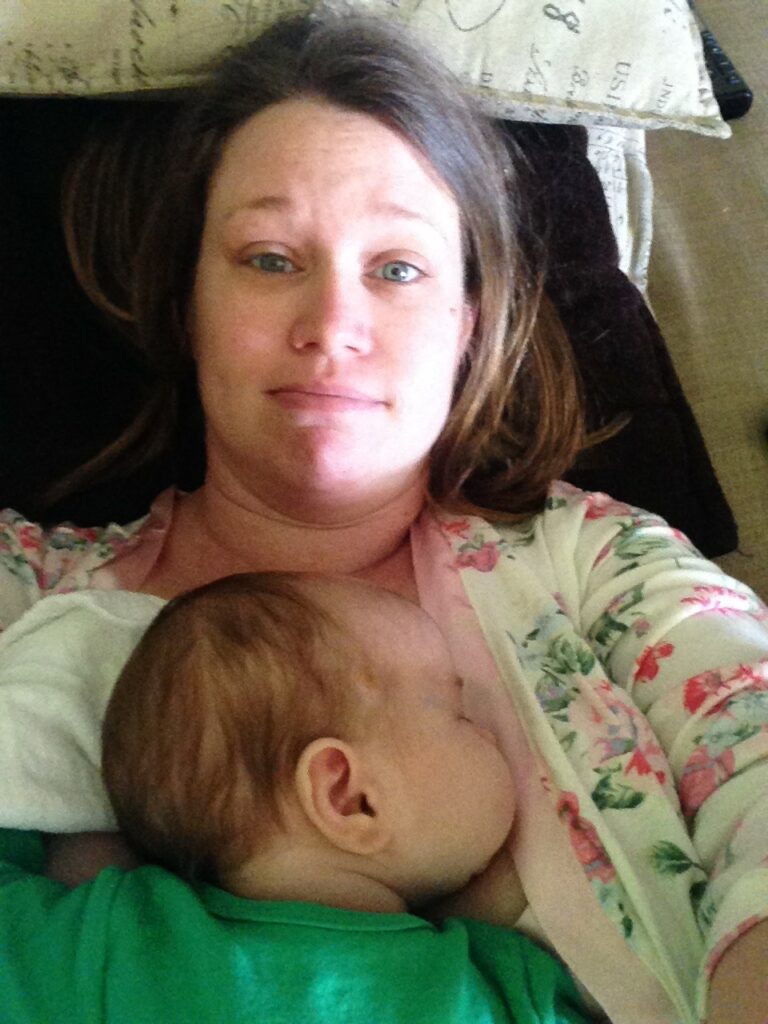
Life before OCD
I’ve had OCD for as long as I can remember. I was a child going through the thought spiral of what ifs and mental compulsions but my themes didn’t present in the classic contamination obsessions that are portrayed in the media, the kind that doctors readily recognize. At 7 years old the doctor asked me “what is wrong with you?” I instantly felt judged. The way that she said “wrong” made me feel like I should be different, like what I was going through was not important. I felt like if I shared the truth, I would not be accepted. I remember feeling scared and ashamed. I replied that I was just tired and wasn’t getting good sleep. I couldn’t tell her that if I didn’t pray a specific prayer “just right” before bed then I wouldn’t wake up in the morning. I wonder if the doctor had been more empathetic and if she had made me feel that she genuinely cared, I could have opened up to her.

For someone who has excellent social skills, that’s just not something that one says.
“Normal” people obviously don’t do this. If they did, why would she be asking me what’s “wrong” with me?
Through my school years I struggled silently with moral scrupulosity and magical thinking. I was afraid that if I had a bad thought about someone or something that it would actually happen so I had to counter it with enough good thoughts to prevent the danger. In college I struggled with existential obsessions where I questioned my faith, the meaning of my existence and so much more. This was difficult for me because it occurred during a period of young adulthood when it is seen as “normal” to question as one develops their sense of self. The difference was that I was losing hours of my life to rumination. I was constantly embarking on quests for certainty. At times I also experienced depersonalization and derealization causing me to feel very scary and overwhelmed. I also had the fear of being “crazy.” Sometimes I felt like I was watching my life in the third person, as if I was living in a simulation. I felt disconnected from my body, like I wasn’t even real during these episodes.
I currently struggle with responsibility and real event obsessions. For those who don’t know what an obsession compulsion cycle looks like, the best way I can describe it is to imagine that an internet troll lives in your brain. This troll knows your deepest darkest secrets, your most embarrassing moments and your worst nightmares.
The intrusive thought is like a weed in the garden of your mind. You didn’t plant it, it just pops up, and it’s an especially invasive weed. The troll convinces you that you actually want the weed or that you planted the weed.
This leads down a path of what ifs and the troll always coming back with another what if or counter argument. Despite how irrational the argument is, the content is so deeply personal that it feels almost impossible not to engage.
OCD is not what you always think
I have had various themes or subtypes over the years but I didn’t present in the stereotypical way that the media portrays OCD. The content of my thoughts was so terrifying to me that I couldn’t bring myself to tell anyone. I am a successful business professional as well as a wife and mother of 4. After having my children, I was diagnosed with postpartum depression. Looking back, I now know, it was OCD. I told my doctor that it wasn’t like the postpartum depression that you read about where the mother feels disconnected from her baby or sad. For me, the only thing that mattered was my baby. Even to the detriment of all else. I was so consumed with thoughts and worries for my current newborn that I neglected my other children, my husband and myself. Of course I was too afraid to actually reveal the actual thoughts that I was having. I knew they were irrational and I was terrified of having adverse repercussions if I disclosed them but I knew I was losing hours of my life and needed help on some level. I accepted the diagnosis of postpartum depression and then later the diagnosis of Generalized Anxiety Disorder (GAD).

But I wasn’t getting any better. I wasn’t seeing any meaningful improvement and my life became smaller and smaller. It wasn’t until 2020 when the world stopped due to Covid that I began to struggle so bad that it became noticeable externally. When I went back to work and returned to meeting clients in person, I couldn’t function. I was having panic attacks because I was terrified that I was going to unknowingly give someone covid and kill them and their family. It was at this point that the therapist I was working with suggested that I be screened for OCD. At this point my obsession was recognizable as a form of OCD referenced as contamination fears, even though I didn’t excessively clean or wash my hands. I did develop some external checking compulsions, but mostly, I had advanced to full on avoidance. I found the NOCD app in a search when I was googling for symptoms to see if I could possibly have OCD.
Reaching out
I was in a drive-thru when I made the call to the toll free number and began what has been the hardest but most rewarding journey of my life.
I was connected with a therapist who actually made me feel safe sharing my thoughts and I was finally given the diagnosis of OCD. She introduced me to Exposure and Response Prevention (ERP) and I have gained so much of my life back.
I knew that I was losing hours of my life and I told people—friends, loved ones, doctors, therapists, but I didn’t know what a mental compulsion was. I didn’t have the ability to articulate my experience and I certainly didn’t have the confidence to share my thoughts. I was very nervous about starting ERP especially as someone who wants certainty, the simple fact that I didn’t know what it was or how I would feel was daunting. My therapist has been amazing. She helped guide me through the steps and we discussed how deeply personal this journey of recovery is to me and fear of being labeled “crazy”. She shared that her goal wasn’t to cause me harm but to help me work outside of my comfort zone just enough that I could incrementally see improvements. It has been great to have her as a guide because it is not easy to purposely expose oneself to an obsession, let alone resist rituals and safety behaviors. One day we were working on an obsession that we discovered was a bit too advanced on my hierarchy and we identified this. We were then able to scale it back to a more manageable place. She asked me to tell her where my anxiety level was after the exposure while resisting the compulsions and I was completely honest with her. I told her that I felt numb and disconnected. She didn’t offer reassurance but helped me embrace compassion for myself. This is challenging work. Personally I’m proud that I have no secrets from her and she pushes me to challenge my need for certainty in a compassionate way.
I write my journey in hopes of bringing awareness to others out there who are struggling with thoughts that seem too troubling to share and find themselves losing hours of life without fully understanding how or why. I encourage you to talk to a professional about OCD. I cannot recommend NOCD enough! It’s so easy to meet with someone on your terms without as much stigma or embarrassment and the app has been a life saver for me. For the first time in my life I finally feel accepting of myself. I’m not broken or crazy and there is nothing “wrong” with me. I’m just wired a bit differently and uncertainty causes my circuits to break. This just means extra practice accepting uncertainty and ERP. The best part is that I’m finally not alone. I am no longer ashamed. I have found an entire community who is wired just like me; I am finally able to accept myself.

